.jpg)

Katie Karska is thirty, lives in Surrey, and started playing golf seriously in March 2024. She’s originally from Poland and the kind of person who throws herself into things once she’s in.
She’s now a member at at Foxhills Country Club and tries to get a round in whenever she can, usually fitting it around full-time work, gym sessions, and the occasional tennis match. Golf has become her way to reset - part challenge, part therapy, part social life.
Two years ago, life looked very different. A relationship ended, then her sister became critically ill and died days later at twenty-five. Katie was left holding the pieces of two losses at once while trying to stay strong for her mum. Grief led to anxiety, depression, and months where even eating felt like work.
Therapy helped, journaling helped, and so did movement. Getting out, doing things, and seeing people slowly helped her find her footing again. Golf began as something to fill a quiet winter and turned into lessons, groups, and a small routine that made life feel structured again.
The grief is still there and always will be. What’s changed is that she now has tools, routines, and connections that make life manageable. For Katie, that’s progress.
Grief can be a full-body experience. It affects your concentration, appetite, memory, and how time moves. The brain tries to process something it can’t make sense of, which is why even small tasks can feel impossible. Katie’s story shows how rebuilding structure (through movement, routine, and connection) helps the nervous system find steadier ground.
Therapy helped her understand what was happening internally. Sport gave her somewhere to put it. Activities that combine movement and mild focus, like golf, running, or walking, engage both sides of the brain. That physical rhythm helps regulate emotion, restore energy, and make long days more tolerable.
Recovery isn’t about being “over it.” It’s about staying in motion, giving your brain new cues of safety and predictability. Bit by bit, that steadiness returns.
If parts of Katie’s story connect with you, these may help:
Bereavement Support – Cruse Bereavement Support offers free helplines, online chats, and local groups for anyone coping with loss.
🔗 cruse.org.uk
Grief Resources – Marie Curie provides practical advice for managing grief day to day and supporting others through it.
🔗 mariecurie.org.uk/bereavement
Understanding Anxiety and Depression – Mind has clear, practical information on how anxiety and depression can show up and how to manage them.
🔗 mind.org.uk/information-support/types-of-mental-health-problems/depression
Therapy and Talking Support – NHS Talking Therapies lets you self-refer for free counselling or CBT anywhere in England.
🔗 nhs.uk/talking-therapies
International Grief and Mental Health Resources – The Dougy Center offers online grief support and resources for adults and young people around the world.
🔗 dougy.org
If You’re Struggling Right Now (24/7) –
• UK: Call Samaritans on 116 123 or visit samaritans.org
• US: Dial 988 to reach the Suicide and Crisis Lifeline (988lifeline.org)
• Worldwide: Find verified helplines in your country at findahelpline.com

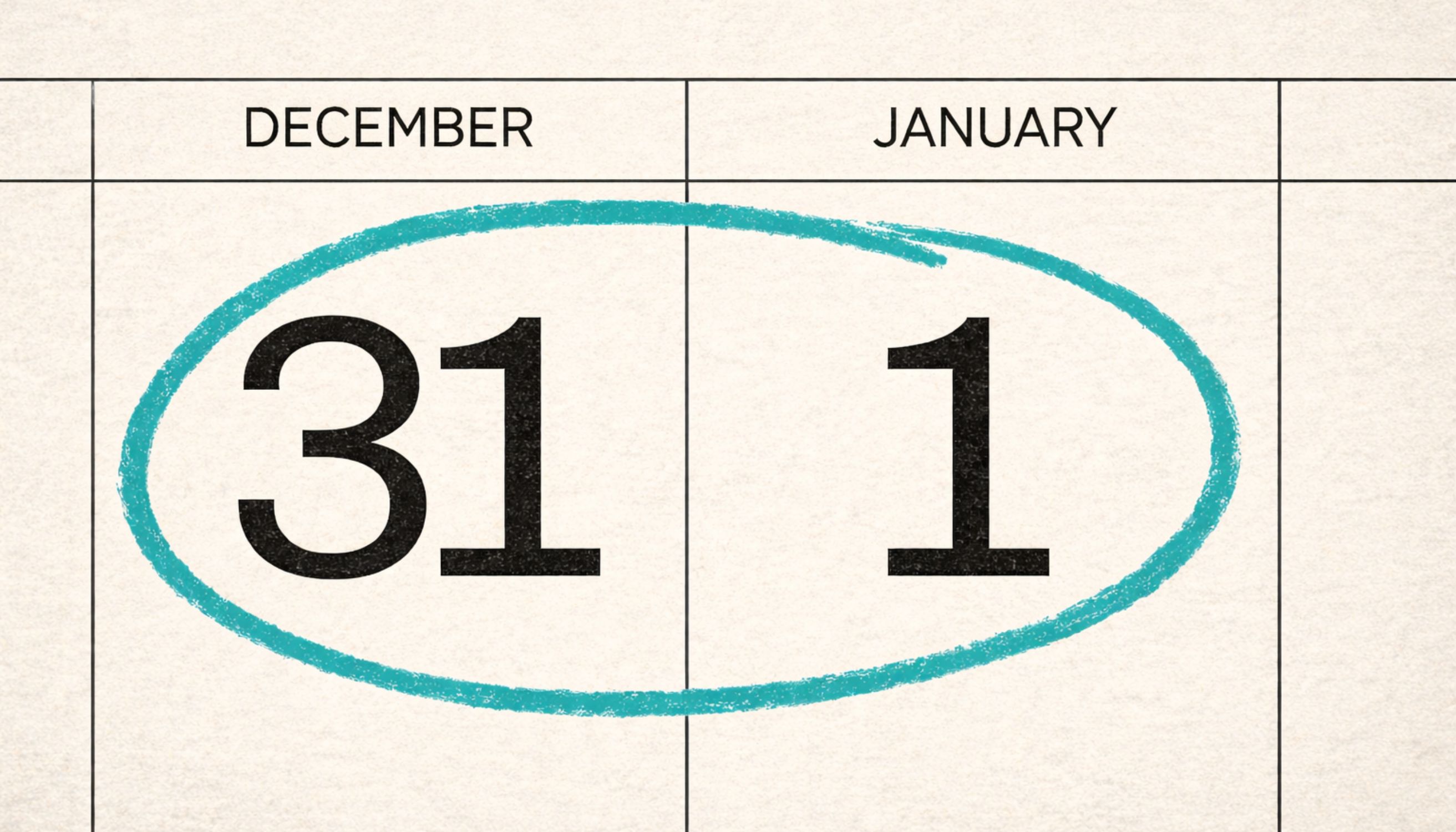
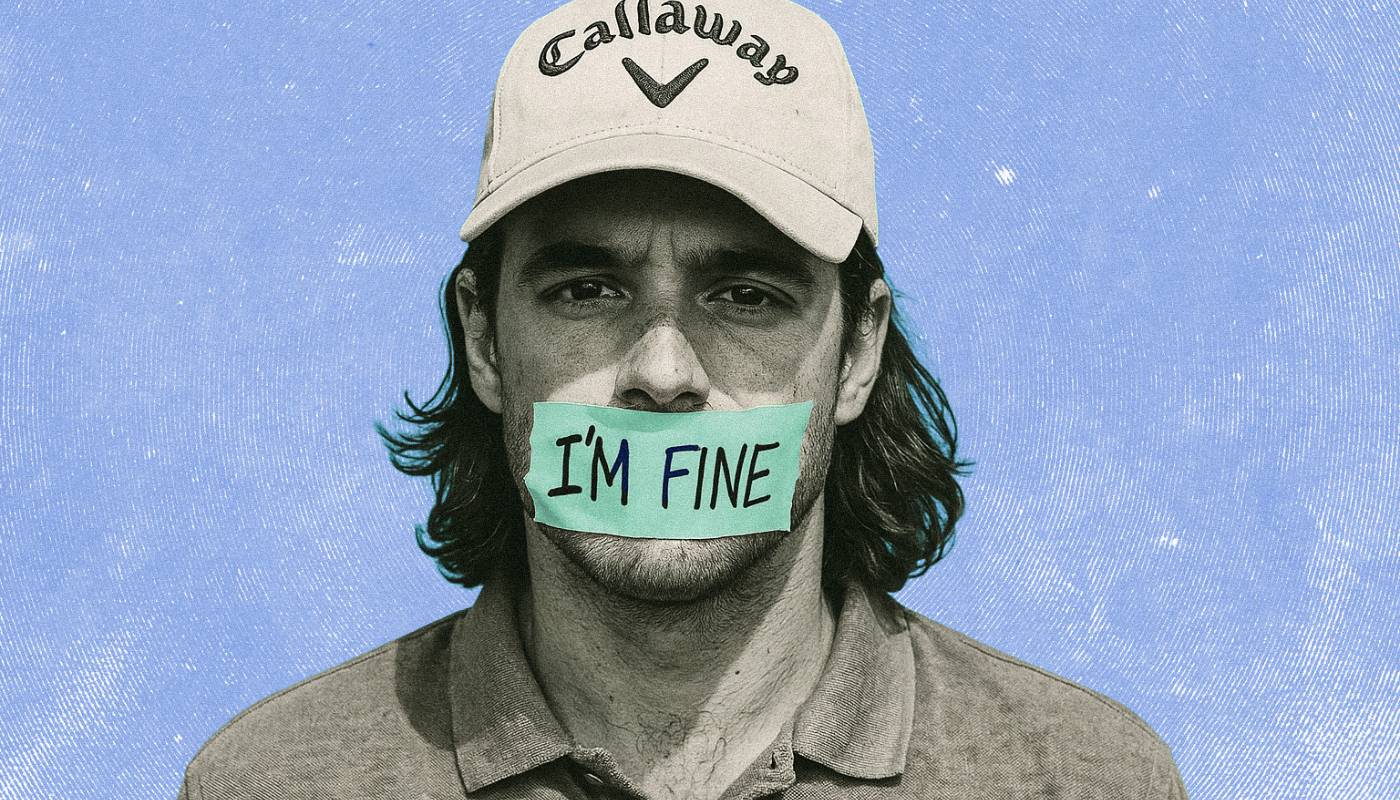

.jpg)
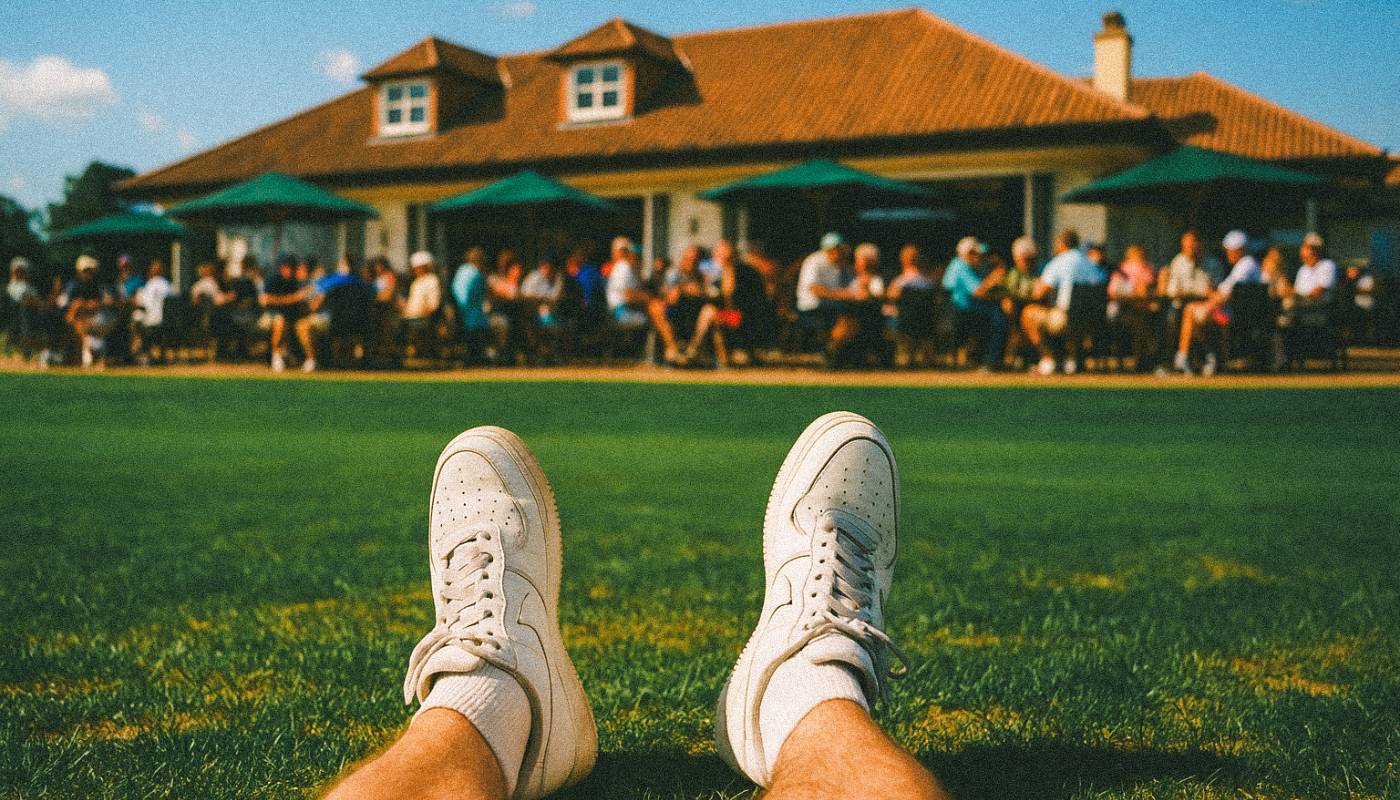

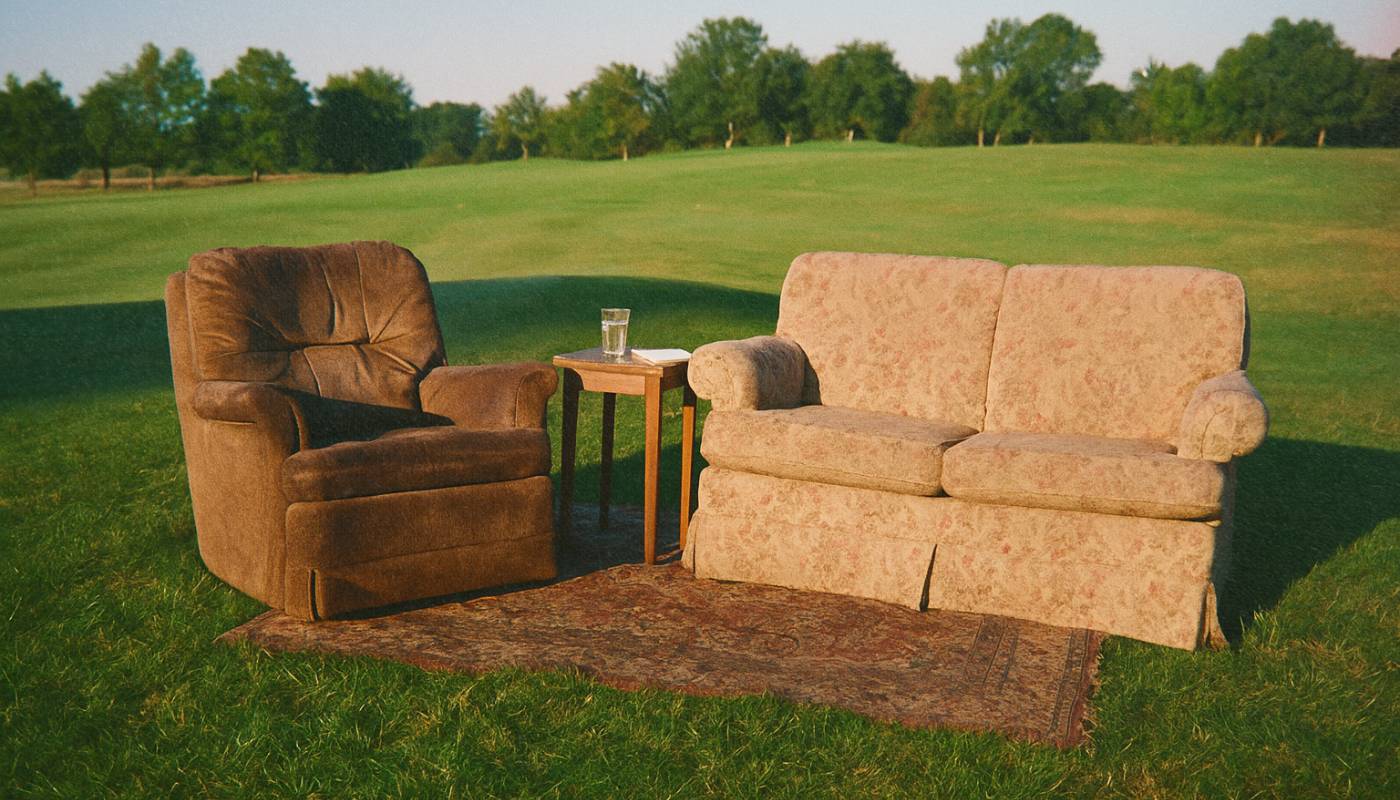
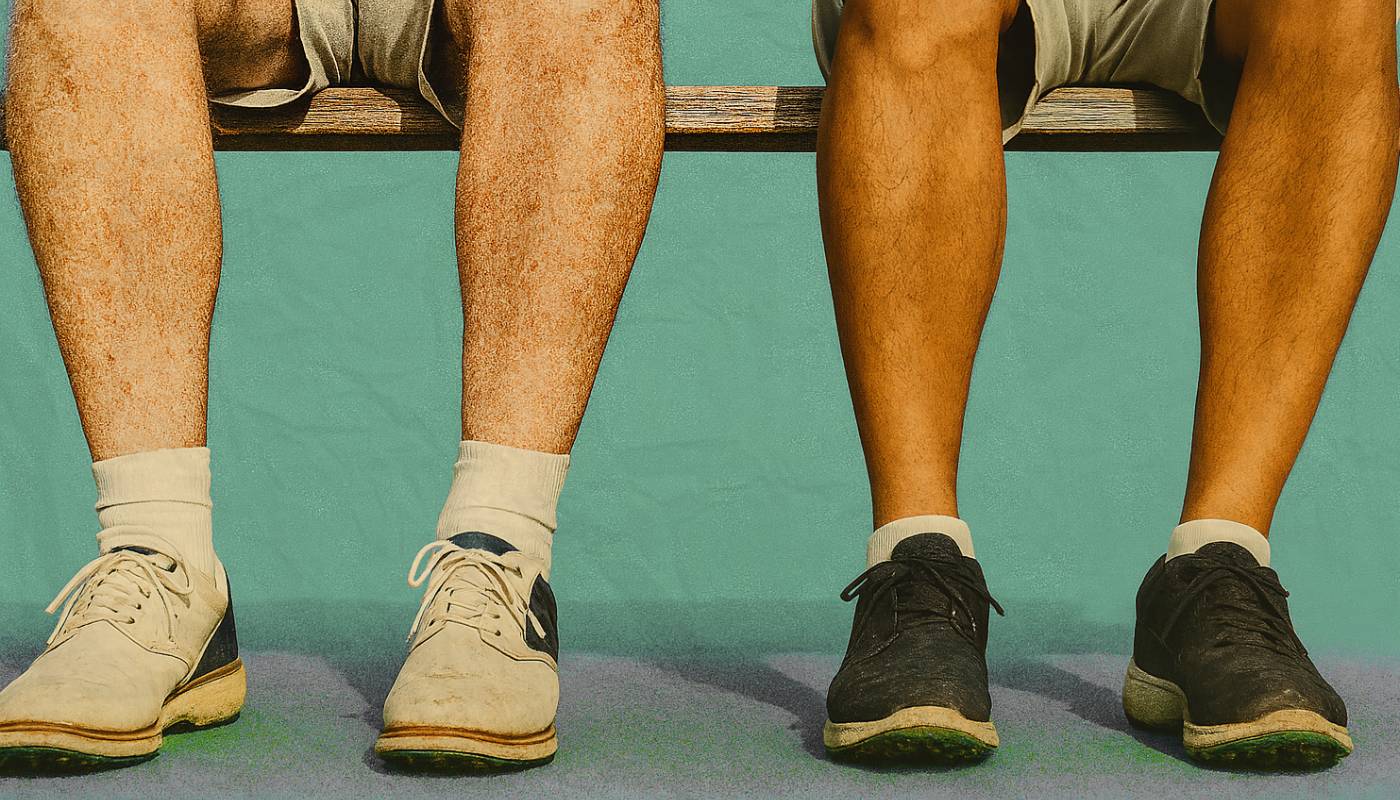
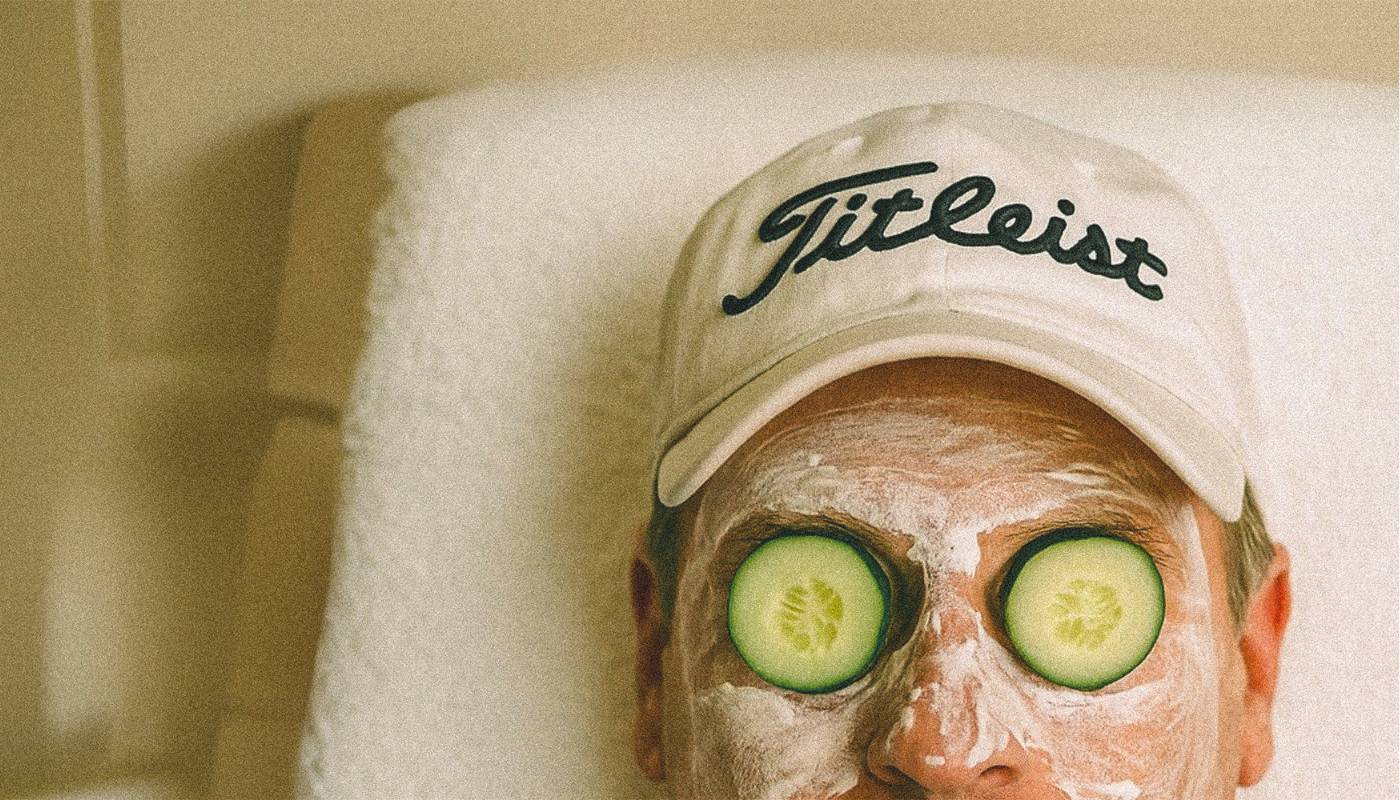
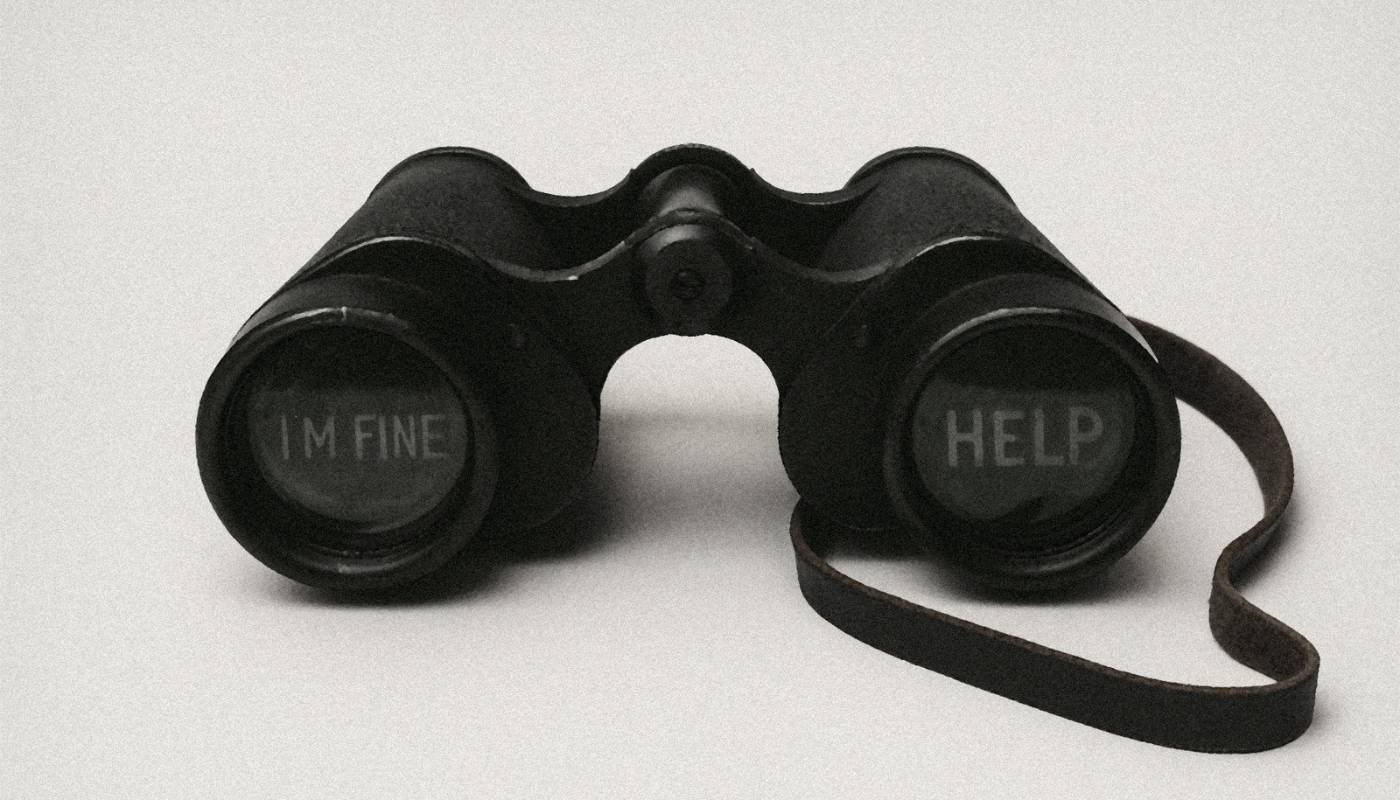
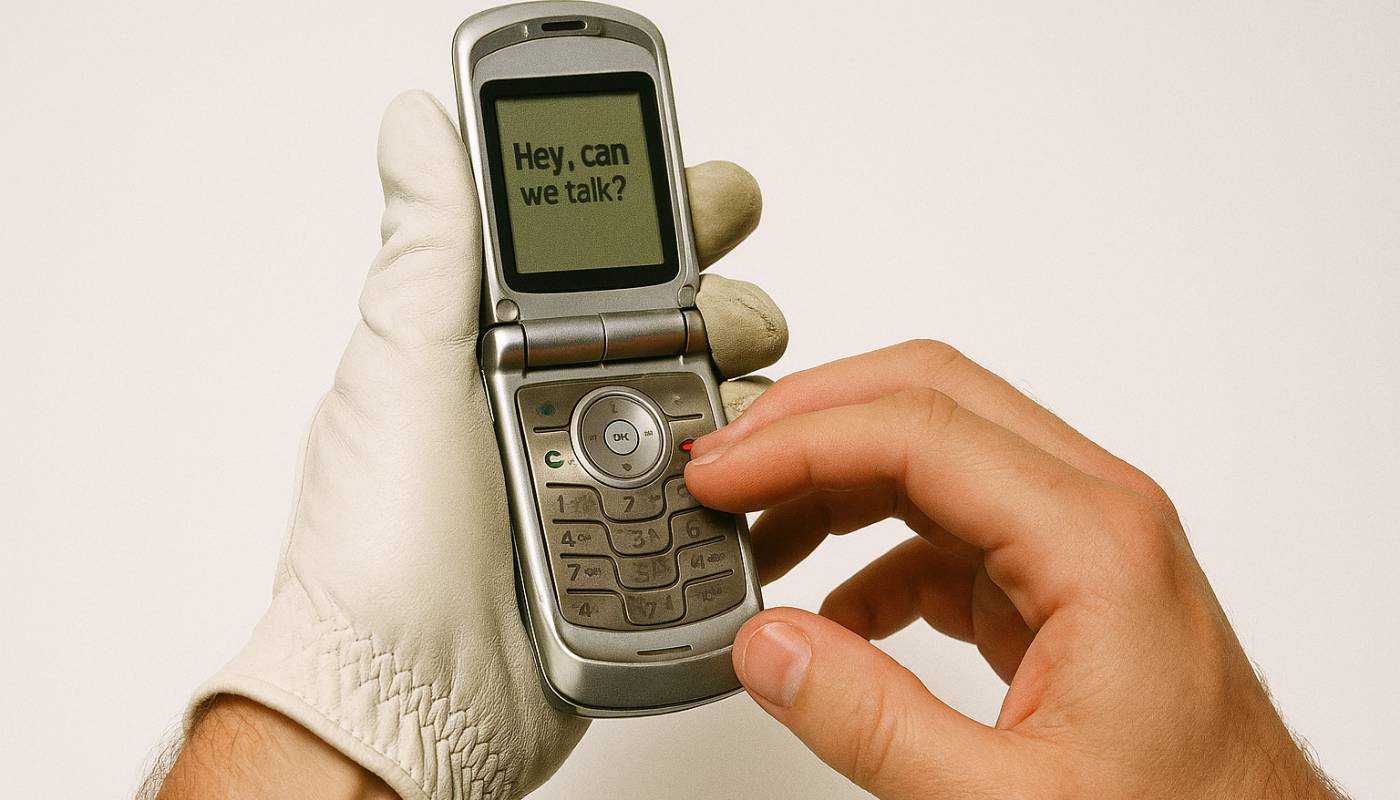
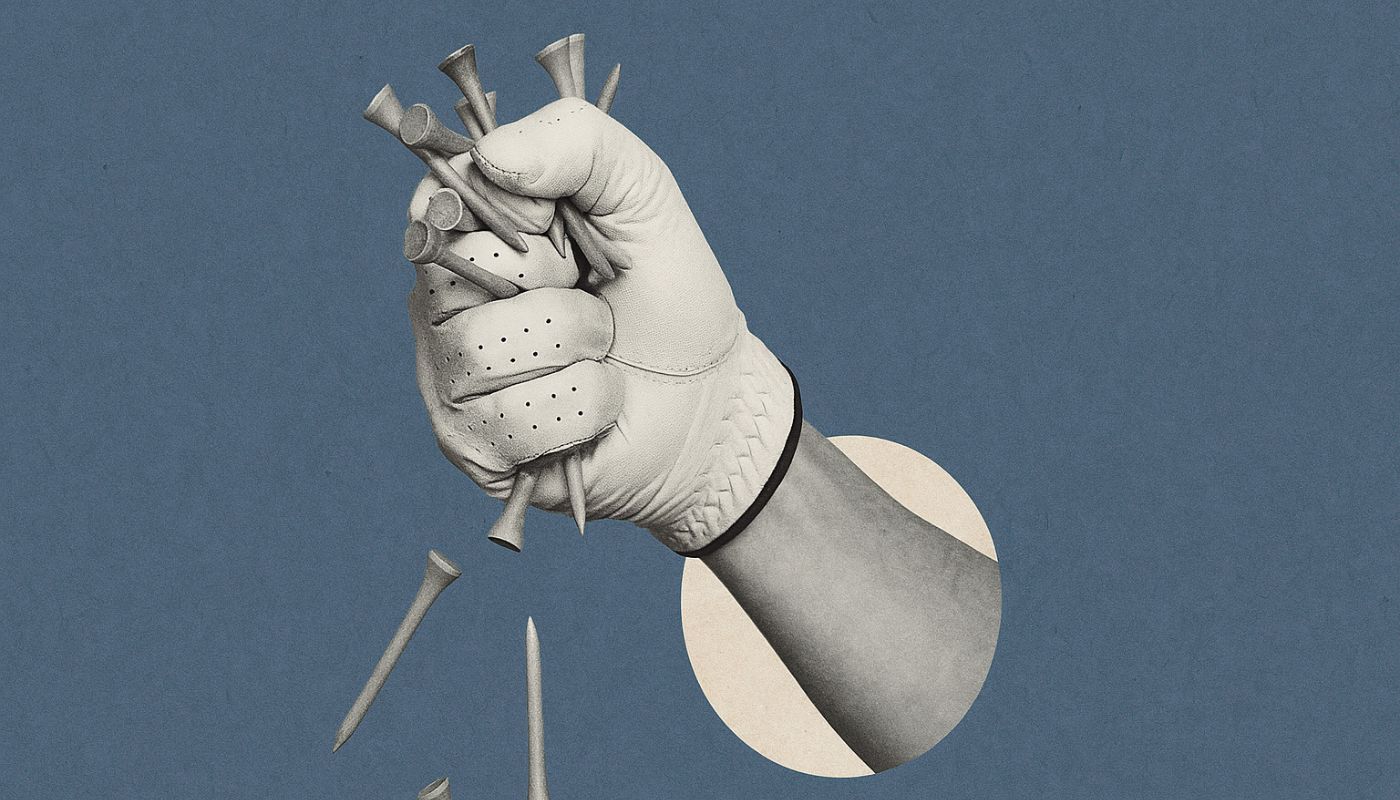
.avif)
.avif)
.avif)
.avif)
.avif)
.avif)
.avif)
.avif)
.avif)
.avif)
.avif)
.avif)
.avif)
.avif)
.avif)
.avif)
.avif)
.avif)
.avif)
.avif)
.avif)
.avif)
.avif)
.avif)
.avif)
.avif)
.avif)
.avif)
.avif)
.avif)
.avif)
.avif)
.avif)
.avif)
.avif)
.avif)
.avif)
.avif)
.avif)
.avif)
.avif)
.avif)
.avif)
.avif)
.avif)
.avif)
.avif)
.avif)
.avif)
.avif)
.avif)
.avif)
.avif)
.avif)
.avif)
.avif)
.avif)
.avif)
.avif)
.avif)
.avif)
.avif)
.avif)
.avif)
.avif)
.avif)
.avif)
.avif)
.avif)